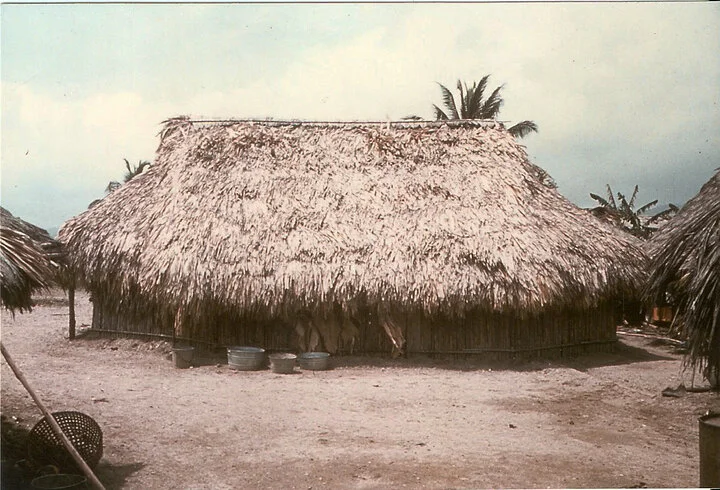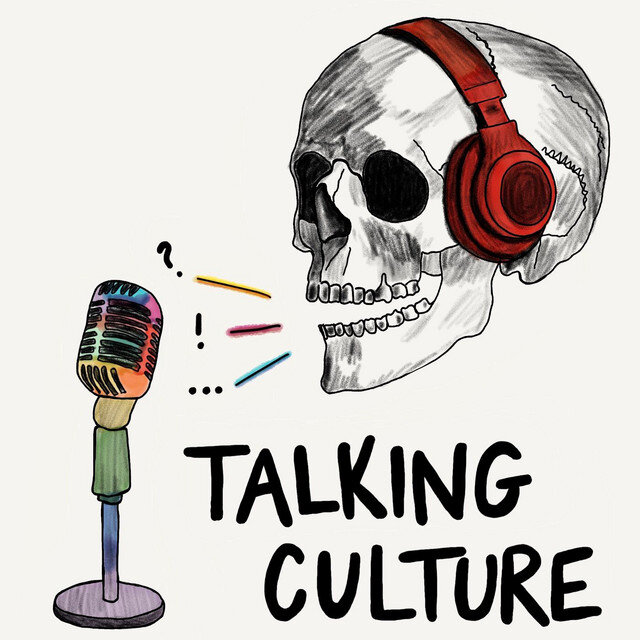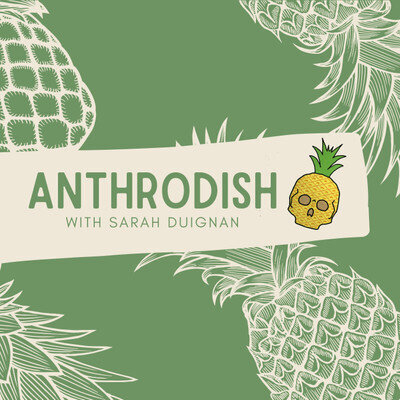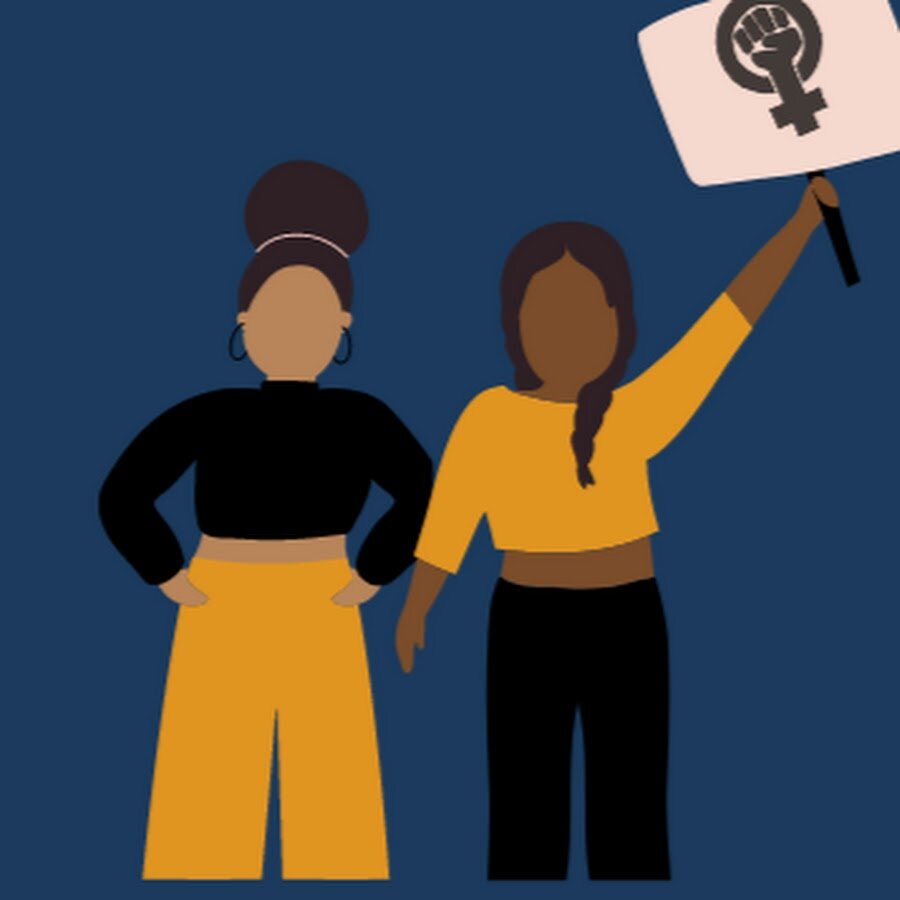Anthropological Airwaves
The official podcast of American Anthropologist, the flagship journal of the American Anthropological Association
Anthropological Airwaves is a venue for highlighting the polyphony of voices across the discipline’s four fields and the infinite—and often overlapping—subfields within them. Through conversations, experiments in sonic ethnography, ethnographic journalism, and other (primarily but not exclusively) aural formats, Anthropological Airwaves endeavors to explore the conceptual, methodological, and pedagogical issues that shape anthropology’s past, present, and future; experiment with new ways of conversing, listening, and asking questions; and collaboratively and collectively push the boundaries of what constitutes anthropological knowledge production.
Anthropological Airwaves shares the journal’s commitment to advancing research on the archaeological, biological, linguistic, and sociocultural aspects of the human experience by featuring the work of those who study and practice anthropology within and beyond the academy.
Anar Parikh is the associate editor for podcasts at American Anthropologist. She holds a PhD candidate in Anthropology from Brown University. Her research considers questions of political belonging at the intersection of race, ethnicity, and diaspora.
All Anthropological Airwaves–related inquiries should be directed to amanthpodcast@gmail.com. You can also find us on Facebook at Anthropological Airwaves, and on Twitter at @AnthroAirwaves.

S03-ish - Episode 07: South Africa Special Feature - Part Two
This is the second of two episodes based on interviews recorded at the 2019 African Critical Inquiry Workshop: African Ethnographies conference that was held at the University of the Western Cape in Cape Town, South Africa by Sara Rendell and Dina Asfaha from the Department of Anthropology at the University of Pennsylvania.

Season 03-ish - Episode 06: South Africa Special Feature - Part One
Sarah Rendell interviews Nosipho Mngomezulu, a lecturer at University of the Witwatersrand in Johannesburg whose research focuses on national and transnational youth cultures, nation-building projects in post-colonial societies, and community engaged learning and teaching.

Season 03-ish - Episode 05: Voices to Remember // Voci Da Ricordare
Italian scholars Massimo Squillacciotti, Luciano Giannelli, and Paola Tine discuss original recordings of the Guna people of Panama. Both English and Italian versions are available on Anthropological Airwaves. They have also provided a supplemental dossier, which includes additional context about data collection, transliteration and publication; visual materials; and a list of references.

Season 03ish - Episode 04 (Crossover): Talking Culture
A chat with Daniel Chiu Castillo, Meghan McGill, and Alejandra Melian-Morse, the trio behind Talking Culture—an anthropology podcast that looks at issues in the world through the lens of anthropology as well as issues within the discipline of anthropology itself.

Season 03ish - Episode 03 (Crossover): AnthroDish
In the third episode of this mini-season, "Crossover," Anar Parikh chats with Sarah Duignan, of Anthro Dish--a weekly show about the intersections between our foods, cultures, and identities.

Season 03-ish - Episode 02 (Crossover): Zora's Daughters
A discussion with Alyssa James and Brendane Tynes, the creators of Zora's Daughters—a society and culture podcast that uses Black feminist anthropology to think about race, politics, and popular culture.
Pitch an Episode
Anthropological Airwaves welcomes pitches for future episodes on topics in any of the four fields. We particularly welcome submissions from those who have been historically marginalized in anthropology, those working in applied and collaborative contexts outside of the academy, and anthropologists working outside of the United States. This includes undergraduate and graduate students in anthropology.
Proposed submissions may include, but are not limited to:
Interviews about current anthropological projects, method, or pedagogy
Sonic or audio ethnography
Editorial or journalistic reporting on public debates in anthropology or current events
Audio-format reviews of books, films, performances, and exhibits
Interested in proposing an episode?
Please review our submission guidelines and review process.
Accessibility
Anthropological Airwaves strives to make the podcast accessible to all those who are interested in the content we offer. Each Anthropological Airwaves episode will include a time-stamped transcript posted to the website in a format that is screen-reader compatible. We are also working to provide closed-captioning via an accessible media player.
Guest-produced episodes must also meet Anthropological Airwaves accessibility requirements. If your guest submission is accepted, Anthro Airwaves will work with you to produce a time-stamped transcript of the publication-ready version of the episode. We also welcome links and/or files to closed captioning that is compatible with an accessible media player. Please consult the resources below for more information:
We also realize that accessibility is not a static, one-time thing, but rather an iterative process that requires care, attention, and revision. If you have accessibility-related concerns about Anthropological Airwaves, or if you have suggestions on how we can make the podcast more accessible, please send us an email at amanthpodcast@gmail.com.
Anthro Help Desk
Anthropological Airwaves is excited to introduce a new segment called “Anthro Help Desk!”
*cue the dial tone*
We’ll be answering your questions, comments, and concerns on all things anthropology. Perhaps a theoretical concept is tripping you up, you’re looking for tips and tricks for the classroom, or you’re trying to resolve a long-standing debate with a colleague. We want to hear your queries, and perhaps answer them—provisionally, of course.
If you’d like to have your question answered by the Anthro Help Desk, please send us an email with ANTHRO HELP DESK in the subject line.
Recording a Voice Memo for Anthro Help Desk
You can follow these easy steps to record your question:
Open the Voice Memo app on your phone (iPhone) or download an app for making recordings (for Android)—Smart Voice Recoding or Creobe Voice Memo
Position your phone close (but not too close) to your mouth; you can either hold it up to your ear or hold it about 4 inches in front of you
Start the recording and ask your question
When you’re finished recording, save it and give it a brief name
Use the “Share” function to email it to us at amanthpodcast@gmail.com
You can find more tips and recommendations on NPR’s Guide to Sending Audio. If you choose another recording format, you can send your recording to us as an attached m4a file.